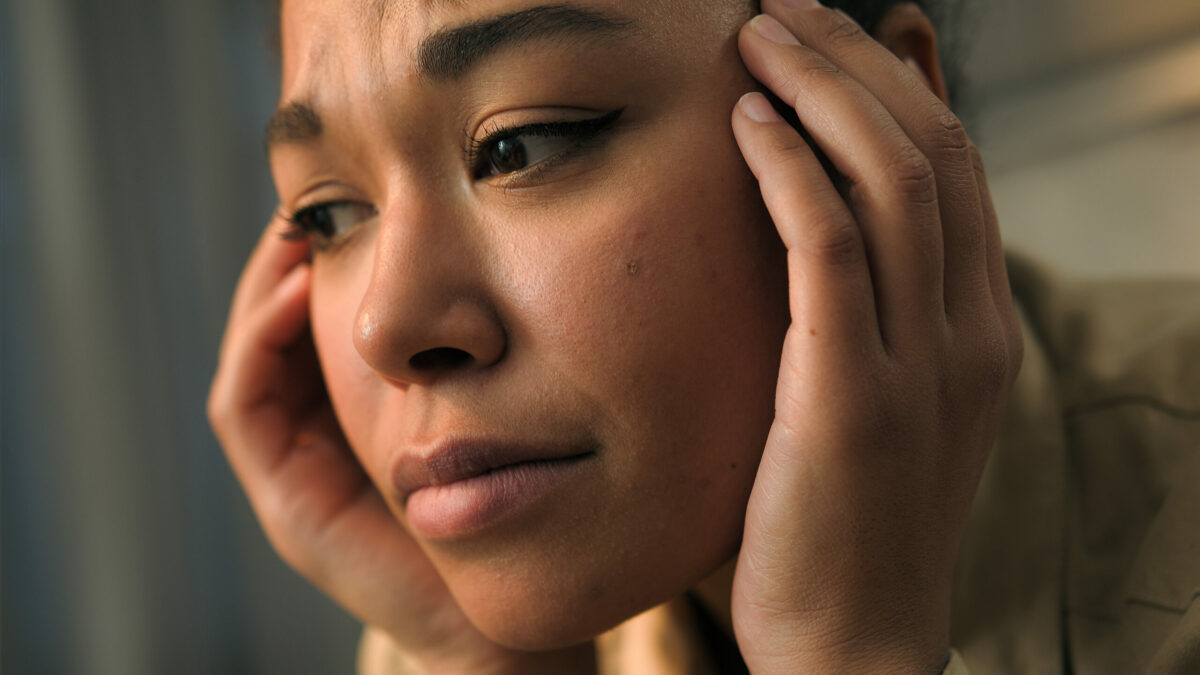A health condition in which a person feels distress when losing a loved one is called complicated grief. Unfortunately, it happens commonly. Most people experience normal grief and bereavement in which they have a period of numbness, sorrow, and sometimes anger and guilt. Thus, gradually previous feelings go away and it is possible to accept loss and go forward. In some people, these feelings do not improve over time and people experience painful emotions that last a long period and are severe. In such cases, the condition is called complication grief or persistent complex bereavement disorder. People with this grief type usually are unable to resume their own life.
Furthermore, people follow different ways through their grieving experience. These include:
- Accepting the reality of a loved one loss
- Allowing themselves to experience the pain of the loss
- Controlling the situation and adapting to the new reality
- Other relationships
Previous differences are considered normal but if you cannot resume your own life and still experience previous grieving experiences, you may have complicated grief. In such cases, you should immediately seek treatment.
Symptoms
In most cases, the symptoms of normal and complicated grief are similar in the first months after the death of a loved one. Normally, the symptoms should gradually go away over time and if it does not happen you should seek medical help. People with complicated grief are like being in a heightened state of mourning that prevents them from healing. Check below some symptoms of complicated grief:
- Intense pain and sorrow due to the loss of a loved one
- Extreme focus on a loved one reminder
- Persistent and intense pining or longing for the deceased
- Inability to accept the death
- Numbness
- Bitterness about the loss
- Feeling that life has no meaning or purpose
- Lack of trust in other people
- People with complicated grief cannot enjoy life
Check below for additional symptoms that may indicate complicated grief:
- Inability to carry out normal routines
- Depression, deep sadness, guilt, or self-blame
- Isolation
- Persistent thoughts that you did something wrong or could prevent the death
It is advised to see a doctor if you experience any of the previous symptoms and they do not improve for more than one month. Sometimes, people with complicated grief may have suicidal thoughts or even attempts. In such cases, you should go to the nearest emergency room or call 911 immediately.
Causes
Experts do not fully understand why complicated grief occurs like other mental disorders. However, it may involve the environment, personality, inherited traits, and others.
Risk Factors
While this condition may occur at any age and sex, it commonly happens in older women. Check below some factors that may increase the risk of developing complicated grief:
- Child death
- Violent or unexpected death (including death caused by a car accident or suicide of a loved one)
- Dependent or close relationship to the decreased one
- Social isolation
- Loss of friendships
- Medical history of separation anxiety, post-traumatic stress disorder (PTSD), or depression
- Traumatic childhood experiences (including neglect, abuse, and others)
- Other serious stressful life events (such as major financial problems)
Complications
People who do not get treatment for complicated grief may experience certain complications. Examples include:
- Severe sleep disturbances (insomnia)
- Anxiety
- PTSD
- Misuse of alcohol or substance
- Elevated risk of physical problems (including heart disease, cancer, hypertension, and others)
- Suicidal thoughts or behaviors
- Depression
- Difficulties with daily living, work activities, or relationships for long periods
How to Prevent Complicated Grief?
There is no sure way to prevent complicated grief but getting counseling as soon as possible may help reduce the symptoms, especially for people with higher risk of this condition.
- Discussions – In most cases, allowing yourself to cry may lessen or prevent getting stuck in the sadness. However, most people begin to feel severe pain only if they allow themselves to feel it.
- Support – Sometimes, family members, friends, faith community, and social support groups may help you work through the grief.
- Bereavement counseling – Early counseling after the death of a loved one may help cope with emotions by learning certain skills. As a result, it may help prevent negative thoughts and beliefs associated with a deceased one.
Diagnosis
Sometimes, it is challenging to determine the process in which normal grief becomes complicated. Nowadays, mental health experts do not know how much time needs to pass until this condition can be diagnosed. Some healthcare professionals diagnose this condition when the symptoms last over 12 months. They also perform a psychological examination because the symptoms of complicated grief are very similar to major depression.
Treatment
Usually, complicated grief is treated with a psychotherapy type known as complicated grief therapy. This procedure is very similar to that used for people with depression and PTSD. During this therapy, you may:
- Explore complicated grief symptoms, thoughts, emotions, topics such as grief reactions, and others.
- Improve coping skills
- Decrease feelings of guilt and blame
Sometimes, you may need other psychotherapy types because you may experience other mental disorders (including depression, PTSD, and others) along with complicated grief.
Medications
There are some antidepressants that may help with complicated grief symptoms. Consult with your healthcare professional for more details.
Frequently Asked Questions
What is the hardest form of grief?
The most difficult grief forms include the loss of a child, a close life partner, and suicide or homicide loss.
What personality changes are caused by grief?
These include irritability, less patience, and no longer having tolerance for other problems. Moreover, forgetfulness, concentrating, and focusing problems also may occur, especially in people with complicated grief.
What are the potential complications of complicated grief?
People with complicated grief may also experience complications, especially if they do not get treatment. For example:
- Mental health problems (including suicidal thoughts, PTSD, depression, and others)
- Substance use
- Insomnia
- Physical conditions (including cancer, high blood pressure, heart disease, and others)
- Emotional numbness
- Intense loneliness
If any of the previous complications occur, immediately visit your healthcare provider. Ask your physician if you have additional questions.




